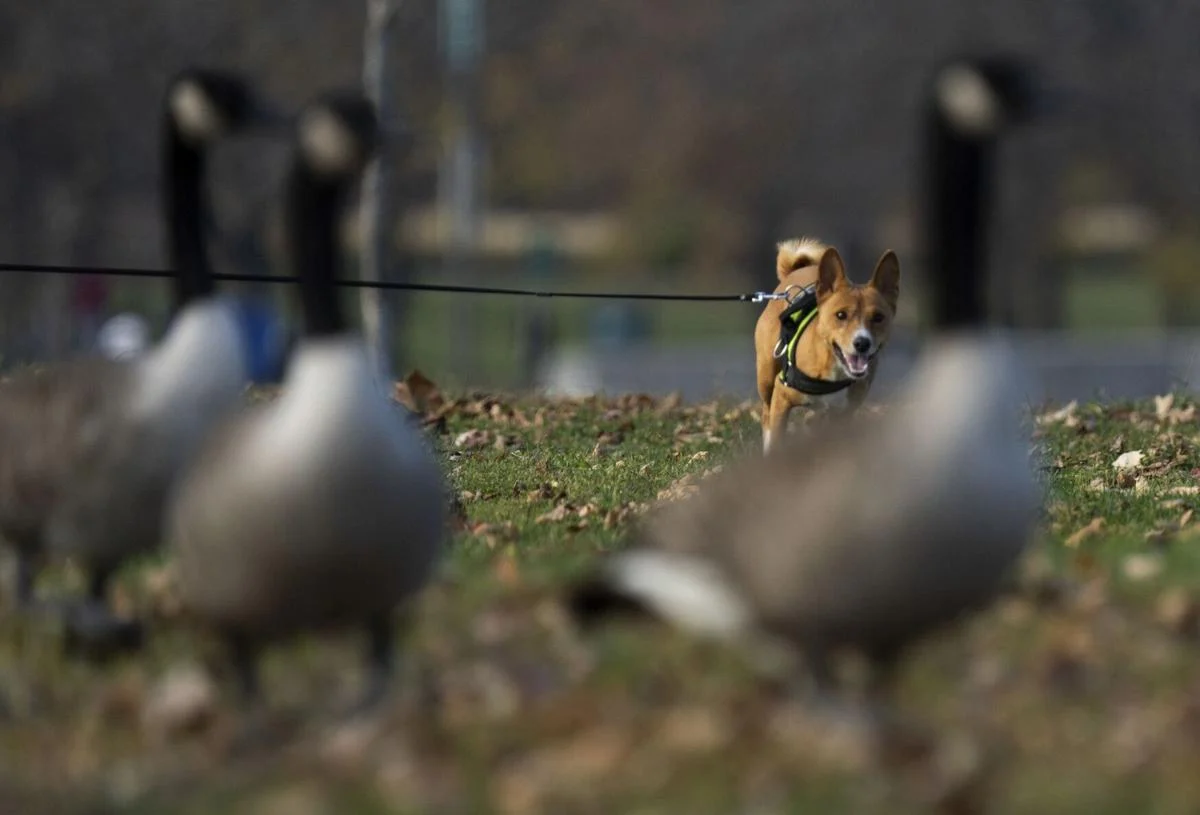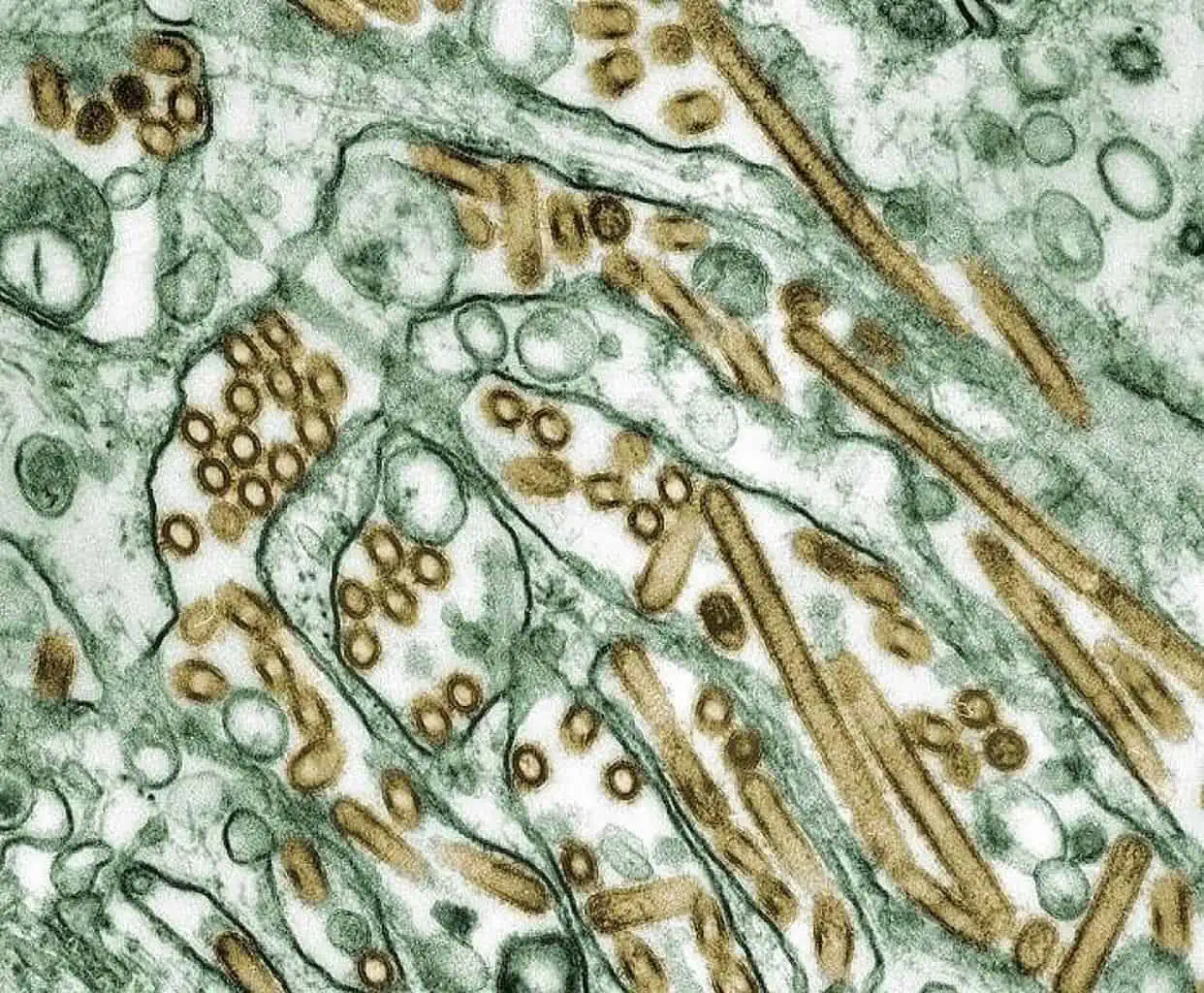Durham Health, Food Inspection Agency warning pet owners after Oshawa dog dies from avian flu
Published April 5, 2023 at 3:18 pm

The death of a domestic dog in Oshawa after contracting the Avian flu has both the Canadian Food Inspection Agency – the main contact for this developing story – and Durham Region’s Health Department cautioning pet owners to keep their dogs away from sick or dead birds – domestic or otherwise.
The federal agency’s National Centre for Foreign Animal Disease confirmed on Saturday that a domestic dog in Oshawa had tested positive for the highly pathogenic avian influenza (HPAI).
The dog was found to have been infected with avian influenza after chewing on a wild goose and died after developing clinical signs. The necropsy was completed on April 3 and showed respiratory system involvement.
It is the only case of its kind in Canada.
Durham Region Medical Officer of Health Dr. Robert Kyle offered these tips for residents and pet owners:
- Stay away from wild birds
- Avoid unprotected contact with domestic birds that appear to be sick or have died
- Avoid contact with surfaces that appear to be contaminated with feces from wild or domestic birds
- Wash hands thoroughly with soap and water immediately after unavoidable contact with birds or their droppings
- Practice safe food handling cooking practices for poultry and eggs
- Report sick or dead wild birds that are on municipal property to your local municipality and on the Canadian Wildlife Health Cooperative online reporting tool
- Do not attempt to rescue birds in distress
The number of documented cases of avian influenza, or bird flu, in non-avian species is low, despite the fact that this virus has caused large avian outbreaks globally over the last few years.
The risk to the general public remains low and scientific evidence suggests the risk of a human contracting avian influenza from a domestic pet is minor.
No domestically acquired human cases of avian influenza have been reported in Canada, though it has happened in other parts of the world – almost always acquired through direct contact with infected birds or exposure to heavily contaminated environments.
An 11 year-old girl in Cambodia died in February after contracting the disease.
The agency reported detections of the disease in mammals last year, with aviation flu found in foxes in Ontario, Quebec and British Columbia; and seals, dolphins and black bears in Quebec. Detections have also been discovered in wild mink, raccoons, porpoises and skunks from several areas across Canada.
Each year, there is a ‘bird flu’ season, and some forms of the disease are worse than others. Wild birds, especially waterfowl, are a natural reservoir for mild strains and the deadly H5N1 strain is known to kill both wild birds and commercial poultry.
There have not been any confirmed reports of avian influenza in Durham – though that could change after the death of the dog in Oshawa on Monday.
There have been ten flocks of birds identified with the avian flu in neighbouring York Region though none of those outbreaks are active.
Signs of the aviation flu in birds include:
- lack of energy or movement
- nervousness, tremors or lack of coordination
- swelling around the head, neck and eyes
- coughing, gasping for air or sneezing
- diarrhea
- sudden death







